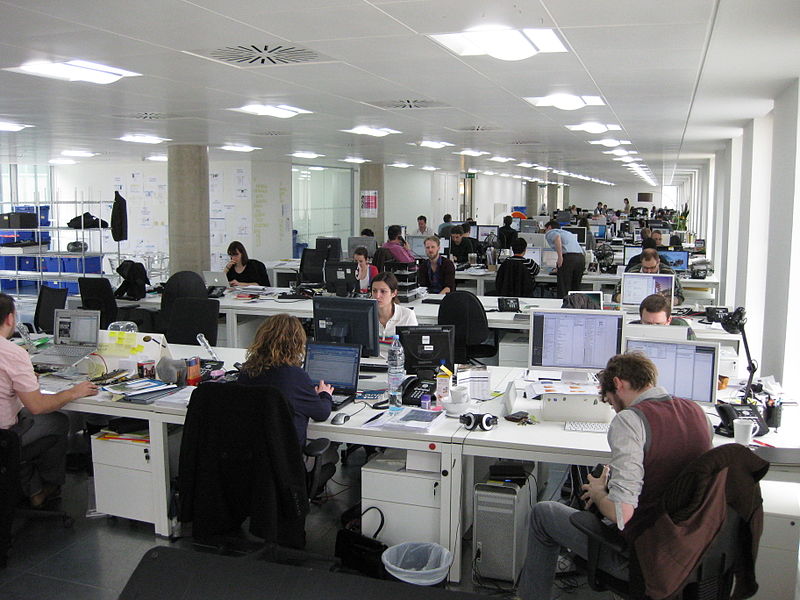
During the first three months of this year, just over 7% of the working population in Flanders had a second job, marking the highest proportion ever recorded. Approximately 177,000
individuals had a second job during this period, which is 7,000 more than the previous year and 25% more than in 2021. Flemish MP Axel Ronse (N-VA) obtained these figures from Flemish Employment Minister Jo Brouns (CD&V), as reported by Het Belang van Limburg, Het Nieuwsblad, and De Standaard.
The majority of those with second jobs are highly educated, and men are slightly more likely to engage in moonlighting than women. The age group between 36 and 50 years old represents the highest proportion of people with second jobs.
Data from the Belgian statistical office Statbel reveals that most second jobs are in the self-employed sector. The most popular industries for second jobs are health, social services, education, and wholesale and retail trade.
Labor economist Stijn Baert from Ghent University identifies several reasons for the continuous rise in the number of people with second jobs in Flanders. One factor is the trend towards self-employment, often considered "fake self-employment," which is driven by tax incentives. Belgium is seen as a leader in extracting taxes from single individuals and two-earner households without children.
Additionally, certain labor market reforms, like the introduction of a flexi-job status, have made it easier and more attractive to hold a second job. This special status allows individuals working elsewhere for at least four days a week to take on additional work in specific sectors without paying taxes on the extra income or additional social security contributions.
The flexi-job status has been widely utilized in restaurants, bakeries, butchers, hairdressers, and shops. Recently, its coverage has been expanded to include work in the health, sports, events, and culture sectors. Photo by Phil Whitehouse, Wikimedia commons.








































